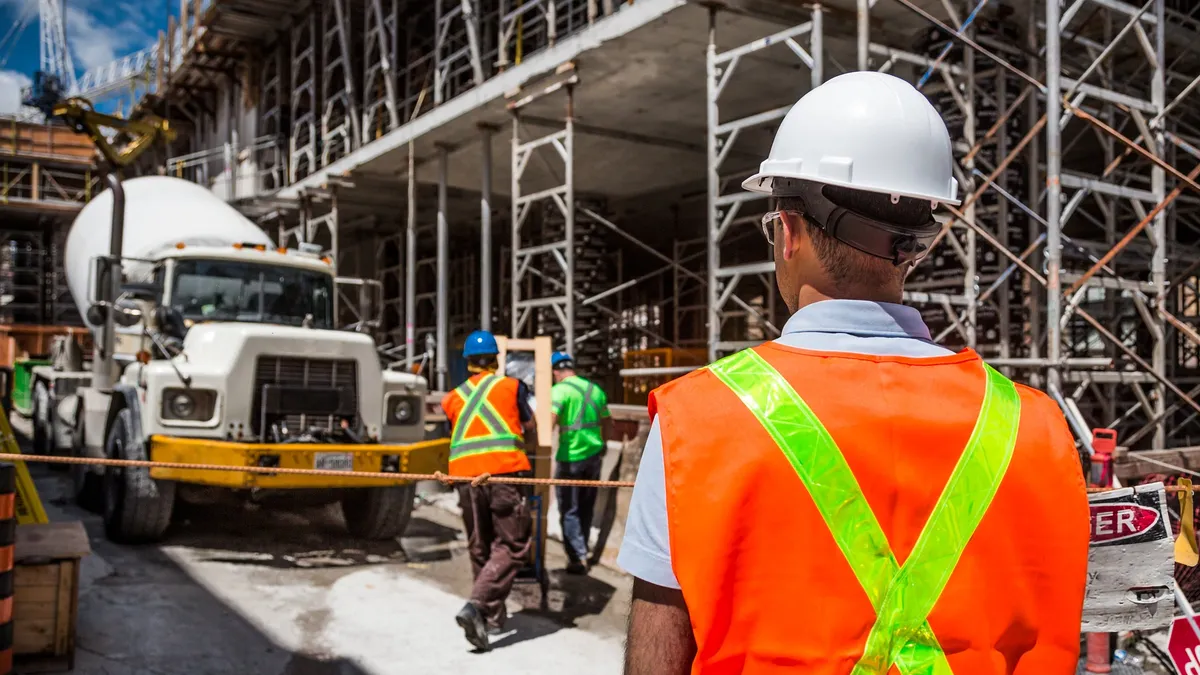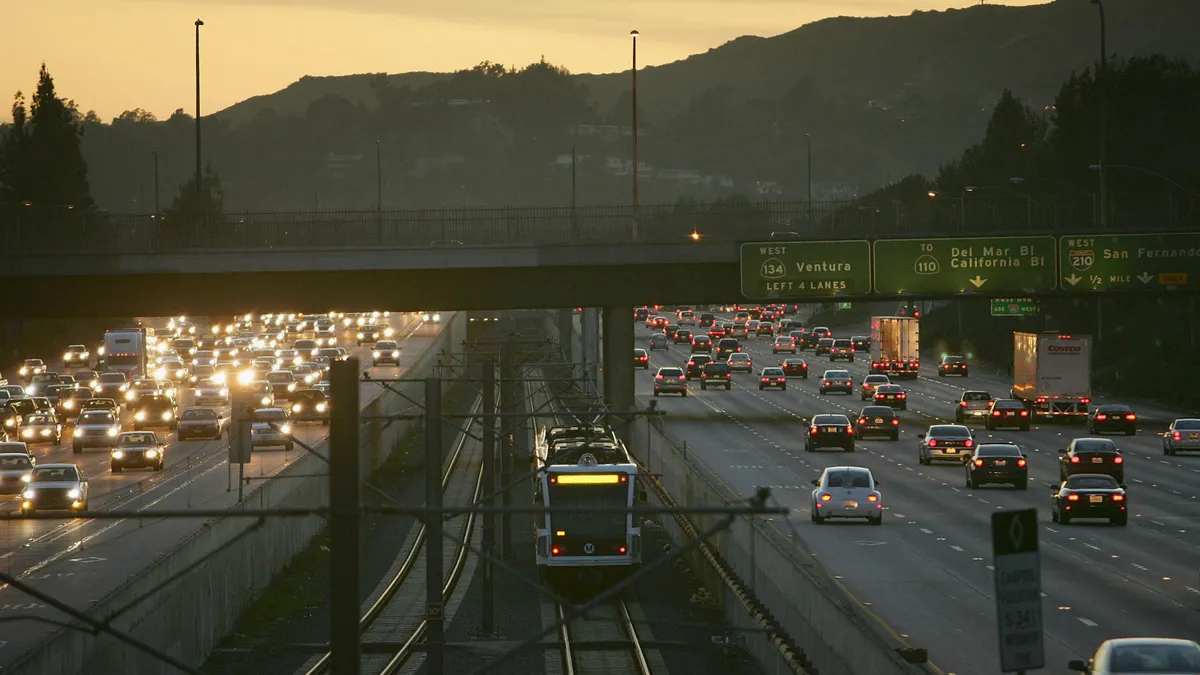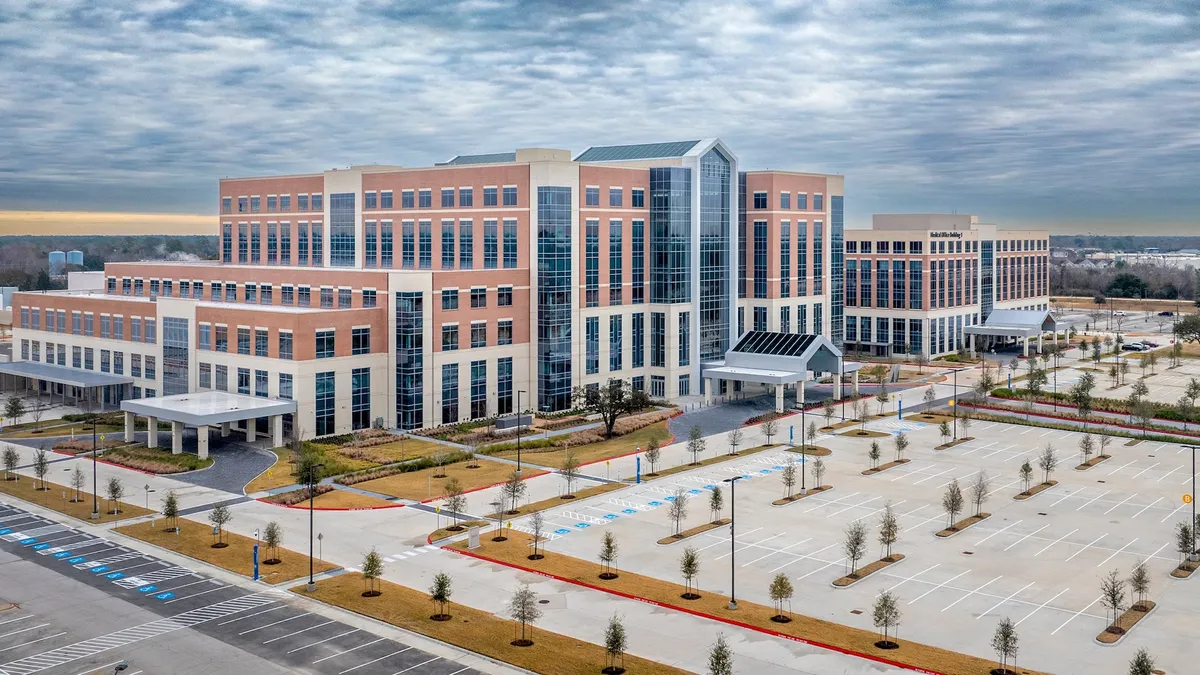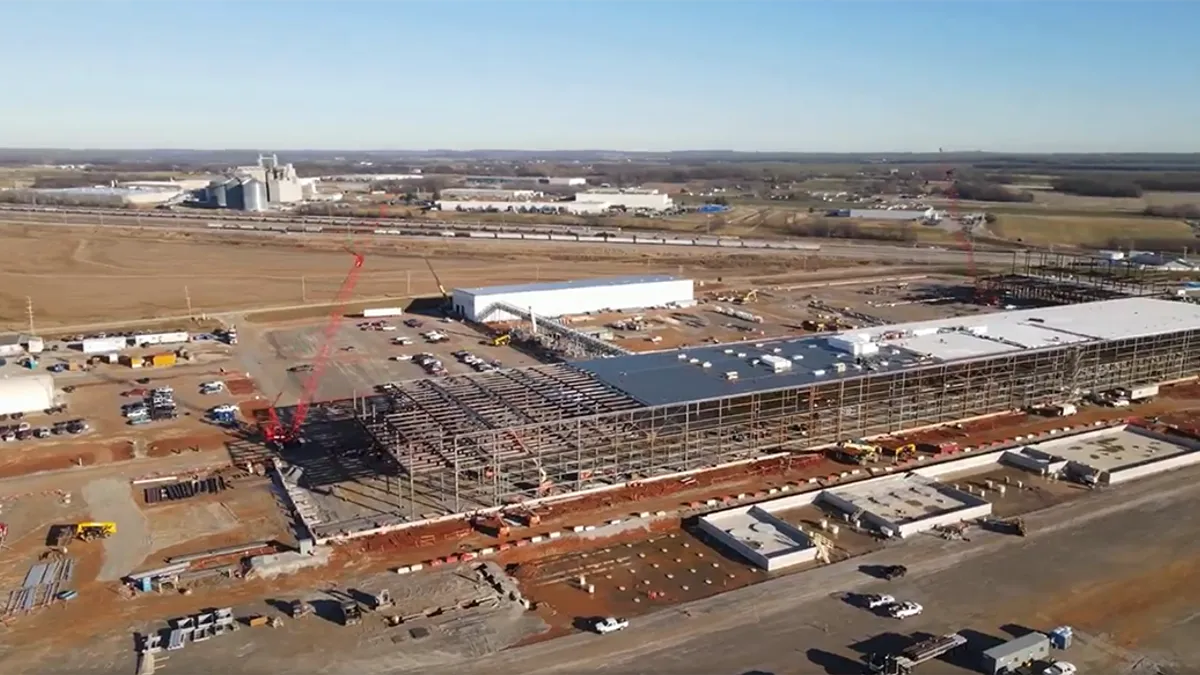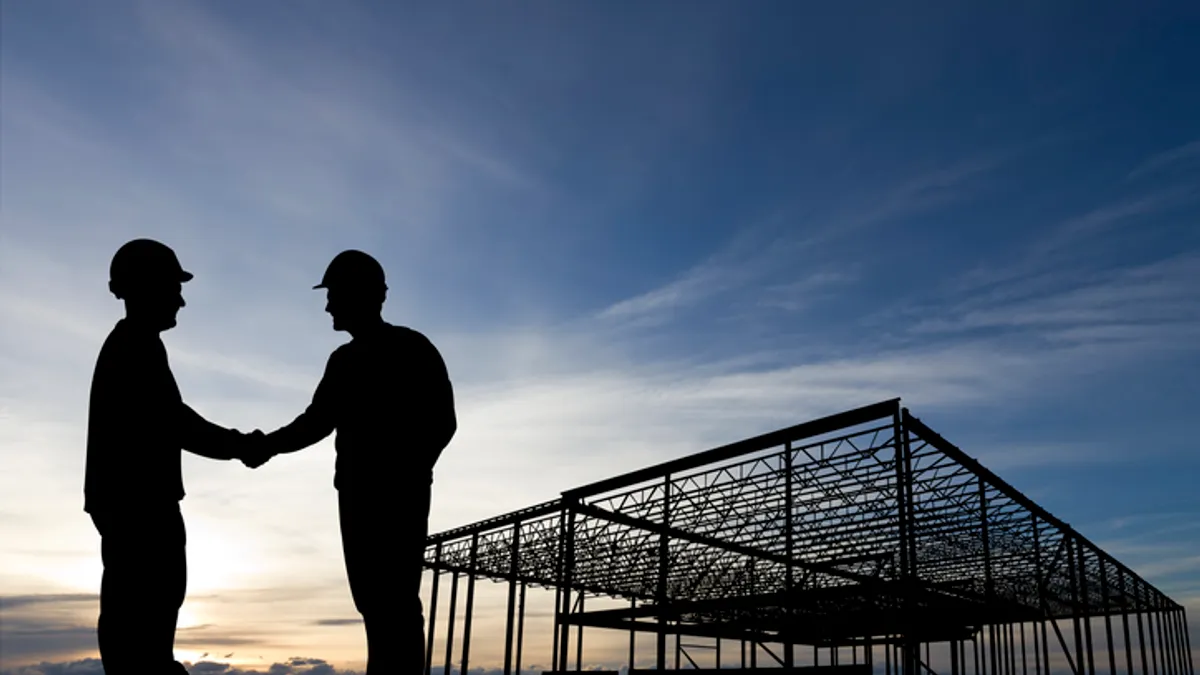The COVID-19 pandemic might have altered the way OSHA conducts inspections and even limited enforcement in some areas of the country with high levels of community transmission, but the agency is still targeting contractors that put their employees' lives at risk by exposing them to two of the most serious industry threats — fall and excavation hazards.
Falls are the leading cause of accidental construction deaths, along with caught-in/between, struck-by and electrocution incidents.
Here are the agency's biggest fines for the second quarter of this year:
Alejandro Vasquez Gallegos
Columbus, Ohio
Total Proposed Fines: $236,642
Status: Pending Penalty Payment (here and here)
Contractor Alejandro Vasquez Gallegos picked up four serious, two willful and two repeat violation citations in April after two inspections that OSHA initiated in November 2019 as part of a local emphasis program (LEP) focused on fall protection. The agency proposed $141,222 and $95,420 for a total of $236,642.
During an investigation of two separate projects, OSHA said its inspectors observed the same violations at both jobsites, including workers on roofs without sufficient fall protection, employees without safety glasses and workers using ladders improperly. According to OSHA records, Vazquez Gallegos did not contest the citations, and the agency is awaiting payment.
LEPs are implemented at OSHA area offices or regional offices and focus on hazards that are present in the office's jurisdiction. In addition to targeted inspections, LEPs also include agency outreach efforts like mailings to local contractors, as well as training offered through contractor organizations.
Unnerstall Contracting Co. LLC
Pacific, Missouri
Total Proposed Fines: $224,459
Status: Violations Under Contest
OSHA initiated an inspection into a Unnerstall Contracting Co. LLC jobsite in December 2019 after one of its employees was injured in a trench collapse. The agency cited Unnerstall with four serious and three willful citation violations, proposed fines of $224,459 and placed the company in its Severe Violator Enforcement Program, which means Unnerstall will be subject to additional safety oversight.
The agency said that Unnerstall did not use adequate trench protective systems, allowed employees to ride in the bucket of hydraulic excavators, let water accumulate in the floor of the trench, failed to provide a safe means of egress from the trench, did not protect workers from struck-by hazards and placed excavated soil piles too close to trench edges. The firm has contested the violations.
D&R Construction Inc.
Palatine, Illinois
Total Proposed Fines: $224,424
Status: Pending Penalty Payment, Pending Abatement of Violations, Penalties Referred to Debt Collection
Two OSHA jobsite inspections at the end of last year netted D&R Construction Inc. one serious, two willful and two repeat violation citations along with a total of $224,424 of proposed penalties, $126,462 on one project and $97,962 on another.
The serious violation was for failure to ensure that employees were wearing adequate head protection. The willful citations included violations for not protecting workers with adequate fall arrest and protection systems, and OSHA issued the repeat violations for failure to ensure proper use of ladders and for failure to train employees on fall hazards. Agency records indicate that D&R did not contest the citations and that it is awaiting the contractor's payment in full.
ELQ Industries Inc.
New Rochelle, New York
Total Proposed Fines: $146,491
Status: Pending Penalty Payment
ELQ Industries Inc. is a sitework and heavy civil contractor based in New Rochelle, New York. OSHA hit ELQ with one willful, one other and four serious violations in the second quarter of this year and proposed total fines of $146,941.
Among ELQ's citations was a violation of OSHA's general duty clause, which requires that employers maintain a workplace free of recognized hazards that could cause serious physical harm or death to employees; general excavation requirements, including those related to egress from trenches; and excavation protective systems. OSHA records do not indicate that ELQ contested the citations.
Elmer Julio Perez Mendez
Mobile, Alabama
Total Proposed Fines: $138,118
Status: Pending Abatement of Violations, Pending Penalty Payment
OSHA performed an inspection of one of contractor Elmer Julio Perez Mendez's jobsites after a worker fell from a height of 9 feet while performing roofing work. The employee, who sustained serious head injuries, was hospitalized and died seven days later. According to an agency report, the accident happened as the worker was removing existing weatherproofing material from a roof's surface.
OSHA cited Perez Mendez for one willful violation for not providing adequate fall protection and for two other violations related to reporting accidents in a timely fashion. Perez Mendez did not contest the violations and is still subject to the $138,118 fine.
Crown Roofing LLC
Sarasota, Florida
Total Proposed Fines: $134,937
Status: Penalty Payment Plan in Place
OSHA said it cited Crown Roofing LLC, and fined the company $134,937, after an inspection at one of the its projects in Tamarac, Florida, revealed that the company had exposed its employees to fall hazards by allowing them to perform roofing work without adequate fall protection. The agency said it has inspected Crown jobsites 18 times in the last six years and has found evidence of violations 12 times. OSHA records indicate that Crown negotiated this latest fine down to $80,962 and has a payment plan in place with the agency.
Crown Safety Director Alek Mendez-Feliz told Construction Dive that he couldn't say whether OSHA was targeting the company unfairly with so many inspections and fines totaling hundreds of thousands of dollars in the last several years but questioned the agency's enforcement policies when it comes to other roofing contractors.
"We spend over $1 million a year in safety training, manpower, equipment, compliance enforcement and specialized OSHA training for our management personnel,” Mendez-Feliz said. “Only Crown Roofing and a few other companies our size in the state are able to commit such financial resources to safety, not because the agency says we have to but because is the right thing to do for our employees. Where’s the enforcement to everyone else?”
Crown maintains that employee misconduct needs to be taken into consideration when OSHA is deciding whether to cite and fine companies like Crown, which, Mendez-Feliz said, spends so much time and effort on compliance.
"One would reasonably think that at some point, personal responsibility should fall on the workers not following the provided safety training," he said.


